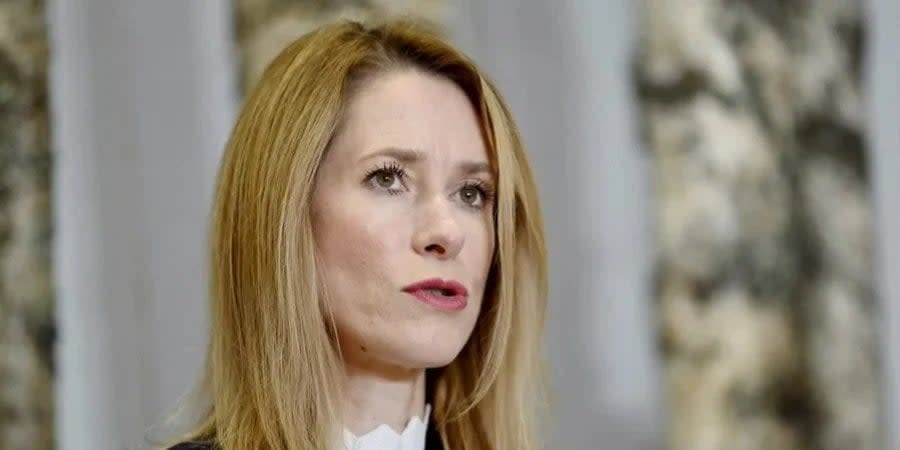NATO training personnel in Ukraine will not be escalatory, says Estonian PM

- Oops!Something went wrong.Please try again later.
There's no reason to fear that deploying NATO troops to Ukraine for training purposes will provoke a war with Russia, according to an article in the Financial Times dated May 20, which quotes Estonian Prime Minister Kaja Kallas.
"Several countries are already training soldiers on the ground at their own risk," Kallas noted. She emphasized that an attack on these training personnel by Russian forces wouldn't automatically invoke NATO's Article 5, which calls for mutual defense among members.
"I can’t possibly imagine that if somebody is hurt there, then those who have sent their people will say 'it’s Article 5. Let's... bomb Russia.' It doesn’t work that way. It’s not automatic. So these fears are not well-founded if you send your people to help Ukrainians... you know the country is at war and you're entering a risk zone. So you accept that risk," Kallas explained.
Training Ukrainian forces within their own borders, as opposed to elsewhere in Europe, should not escalate tensions, she added.
"Russia's propaganda is all about being at war with NATO, so they don’t need an excuse. Whatever we do on our side... If they want to attack, they will attack," said Kallas.
On May 17, the German newspaper Die Welt reported that the European Union is considering sending military personnel to train Kyiv's forces on Ukrainian soil by early 2025 at the latest.
Possible deployment of NATO troops to Ukraine
After a conference on supporting Ukraine held in Paris on Feb. 26, French President Emmanuel Macron said that Ukraine's Western allies would create a coalition to provide Ukrainian Armed Forces with long-range weapons, and that sending Western troops to Ukraine in future should not be ruled out.
Responding to Macron's statements, Poland, the United States, Germany, Czechia, Canada, and the United Kingdom rejected the idea.
Estonian Prime Minister Kaja Kallas and Lithuanian Defense Minister Arvydas Anušauskas kept open the possibility of sending troops, but clarified that they would only be for training missions.
Dutch Army General Staff Chief, General Onno Eichelsheim, said that “all options should remain open.”
European NATO states have been studying the possibility of sending NATO troops to Ukraine for weeks, AFP reported.
French Prime Minister Gabriel Attal explained on Feb. 29 that French troops could participate in the war on the side of Ukraine to protect certain borders, take part in exercises, or support ground air defense. He dismissed the possibility of French soldiers participating “directly on the frontline.”
NATO foreign ministers agreed to create a special NATO mission to increase support for Ukraine on April 4, Polish Foreign Minister Radoslaw Sikorski said.
Read also:
Estonia mulls sending troops to Ukraine for rear support, official says
NATO considers mission to train Ukraine’s troops in the country — report
We’re bringing the voice of Ukraine to the world. Support us with a one-time donation, or become a Patron!
Read the original article on The New Voice of Ukraine

